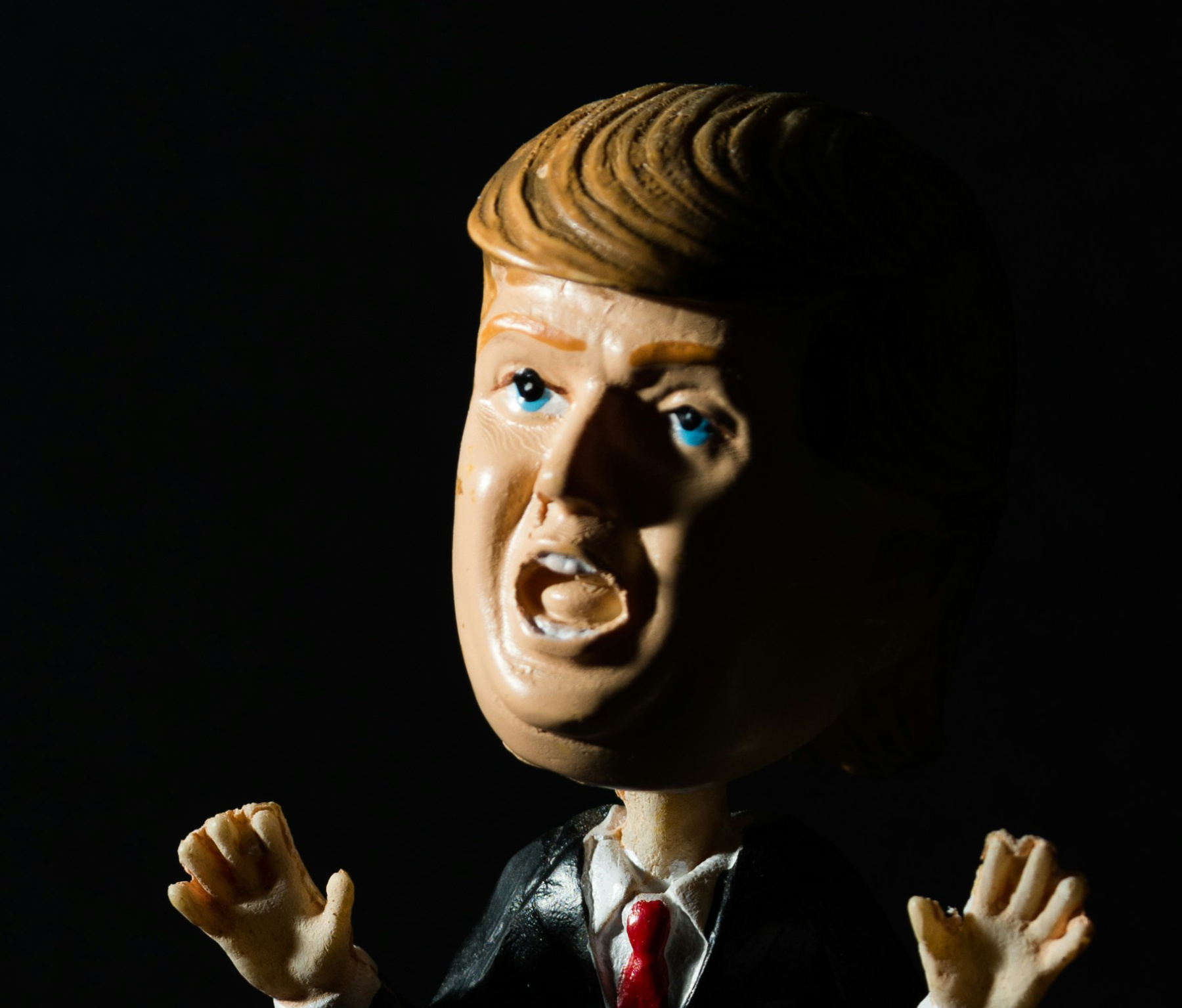There have been millions of words written about Trump, and I will just add my own personal views to the pile.
Trump appears to believe in the blunt application of power and leverage in negotiations, and moreover the view that power unused is power wasted, even if its application brings no demonstrable benefit. How else can you understand his approach in relation to Canada, and therein lies a major lesson for Australia. This is particularly given that Trumps power is untrammelled – there are no adults in this administration. There is just a bunch of sycophants who isolate him from the world – Vance, Lutnick, Bessent, Navarro, Bondi and Hegseth – and whose only common features appears to be their unsuitability for their role, problems dealing with the concept of “truth”, and tunnel vision. They also share a certain quality best expressed in the German word, “Backpfeifengesicht”
So, how does Australia best approach the Trump administration? I believe that we should take a lesson from Canada, and clearly understand that Trump is purely transactional, that loyalty has no value of itself. Various surveys in Australia show that the Australian population at large understands that there has been a fundamental shift in the United States , in terms of its values and beliefs, and that this is possibly structural – it is not a case of simply waiting out Trump’s term, the US has now voted Trump in twice, and that is a clear demonstration of significant social issues – and a propensity for mass delusional decisions. Its constitution, now over two centuries old, has not been adequate to deal with and maintain a separation of powers, and significant reform is required .
Australia’s strategic position has been based upon an alliance with the US, and that alliance has grown more important against the background of a more militaristic stance by China, our major trading partner. We would appear to be in a cleft stick when it comes to dealing with the US and it can be presumed that Trump will seek to take advantage of that position when it comes to tariff and other matters between the two countries.
However, Trump in the US has no effective leverage against Australia if we accept the position that their lack of reliability on defence matters is now so significant that to rely upon it could be an existential error. I believe we have reached that situation, and therefore the Australian government should proceed on that basis – giving a nod to defence arrangements with the US, while seeking to significantly improve our stand alone defence capabilities. In this context the emphasis should be on defence – not on blue water naval power except in relation to lower cost, drone activities – and it should exclude where possible the use of US defence companies. Australia needs to leverage its missile capability, particularly hypersonic, in the very short to medium term – not long-term, and it should dispense with AUKUS, for the reasons made obvious above.
The focus should be on defence alliances and collaboration with like-minded democracies in countries of the believe in the rule of law, such as UK, Europe, Canada, New Zealand, Japan, South Korea and Singapore.
In the short term, Australia should seek to test the value of its relationship with the US – and in this context I think its major value is probably as a perceived US ally against Chinese aggression in the region. We should do this by not pursuing tariff carveouts and indeed we should move towards increasing the taxation of the US technology companies operating in Australia who have been severely under taxed. I’ve mentioned this in earlier posts, but US companies such as Meta/Facebook, Microsoft, Apple and Netflix are clearly not paying adequate levels of tax in Australia – but moving profit offshore into lightly taxed jurisdictions.
Part of the reason that these companies supported Trump’s election was a promise of lower corporate taxes and protection overseas, most particularly in Europe. In Australia, despite making significant profits, they keep complaining about making relatively small contributions to Australian news services and complying with local content requirements. Trump’s response in this situation, beyond the inevitable bluster, will be instructive in terms of illustrating to what degree the US is still a useful ally. We should accept the possibility of a trade war with the US in this area as price for clarity – and bear in mind that we run a trade surplus with the US, and therefore are not as exposed as some other neighbour nations..
I will almost certainly be alone in this regard, but given that Australia will not be served by pandering to Trump’s posturing, taxation changes that might see the (threatened) withdrawal of some of these services. This wouldn’t see me lying awake at night worrying – indeed, a world without Facebook might be a (very much) better one.
As a Postscript, news has just broken of a trade agreement between the US and the UK and fundamentally it is a non-event; most importantly The UK Digital Services Tax (DST) survived the negotiations; it applies a 2% levy on search engines, social media platforms and online marketplaces that make worldwide sales of over £500m and derive £25m of that total from the UK. Australia needs a similar implementation, any other approach risks the US becoming a large “tax haven” through which corporates route revenue.





